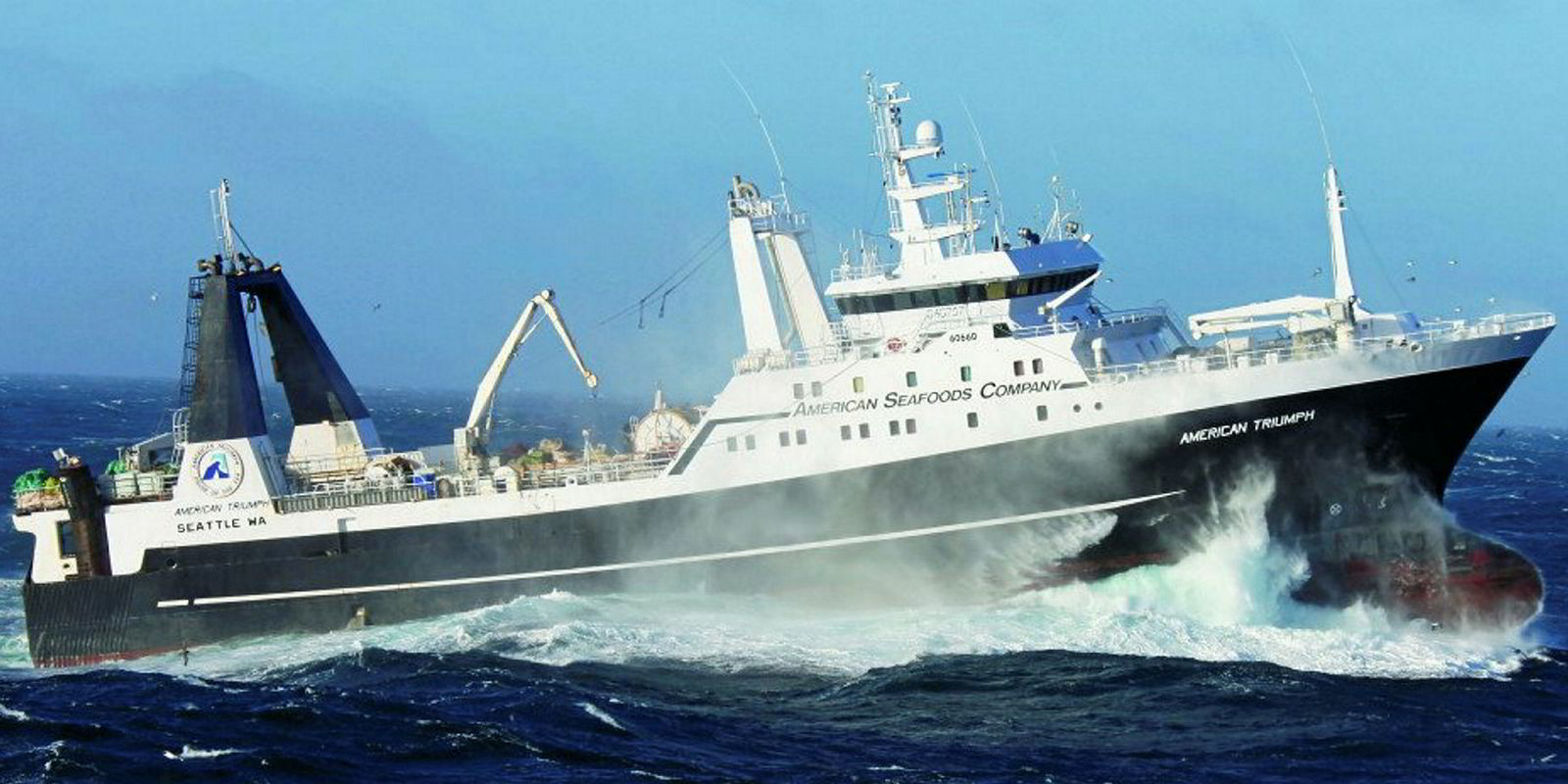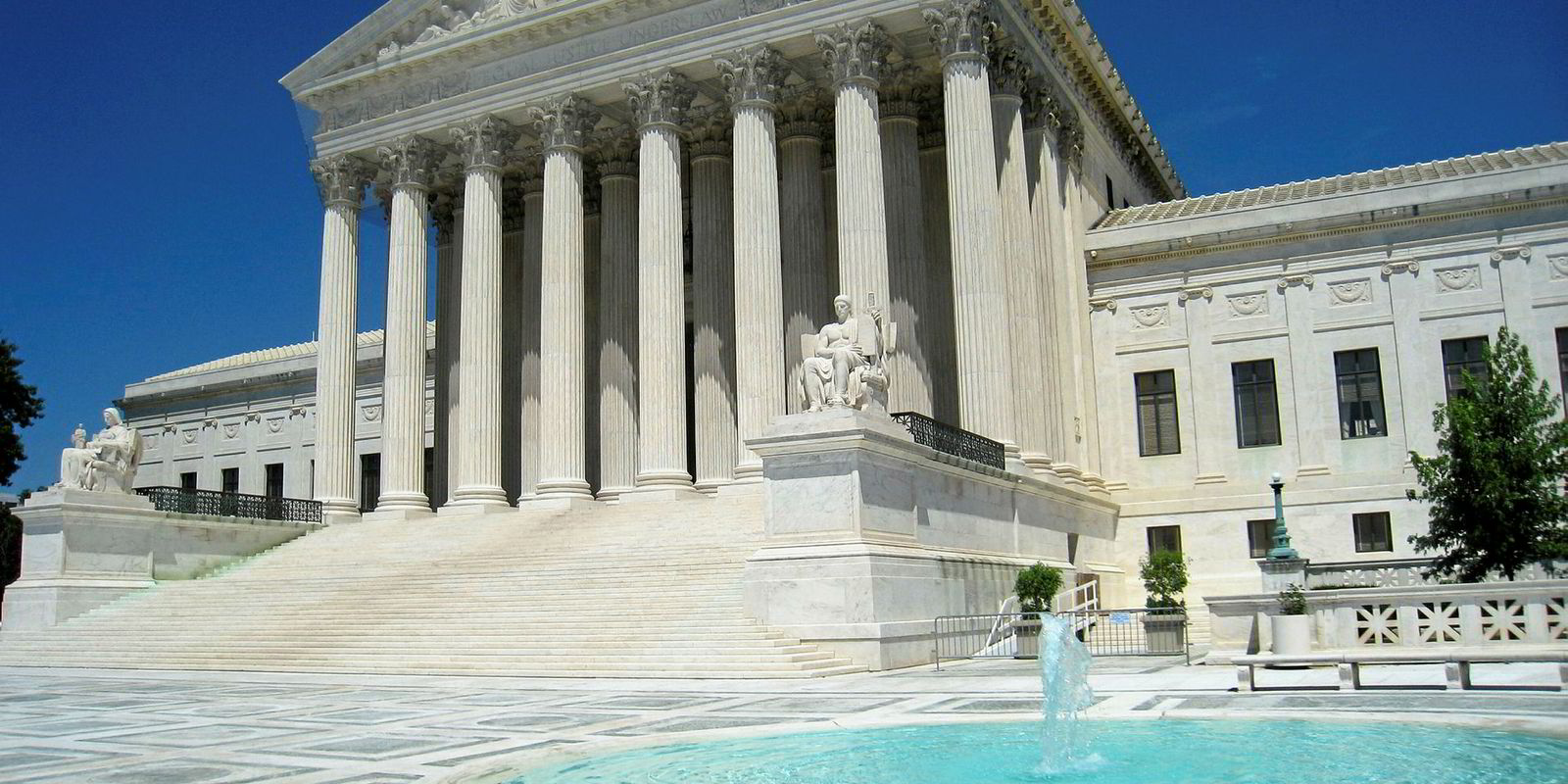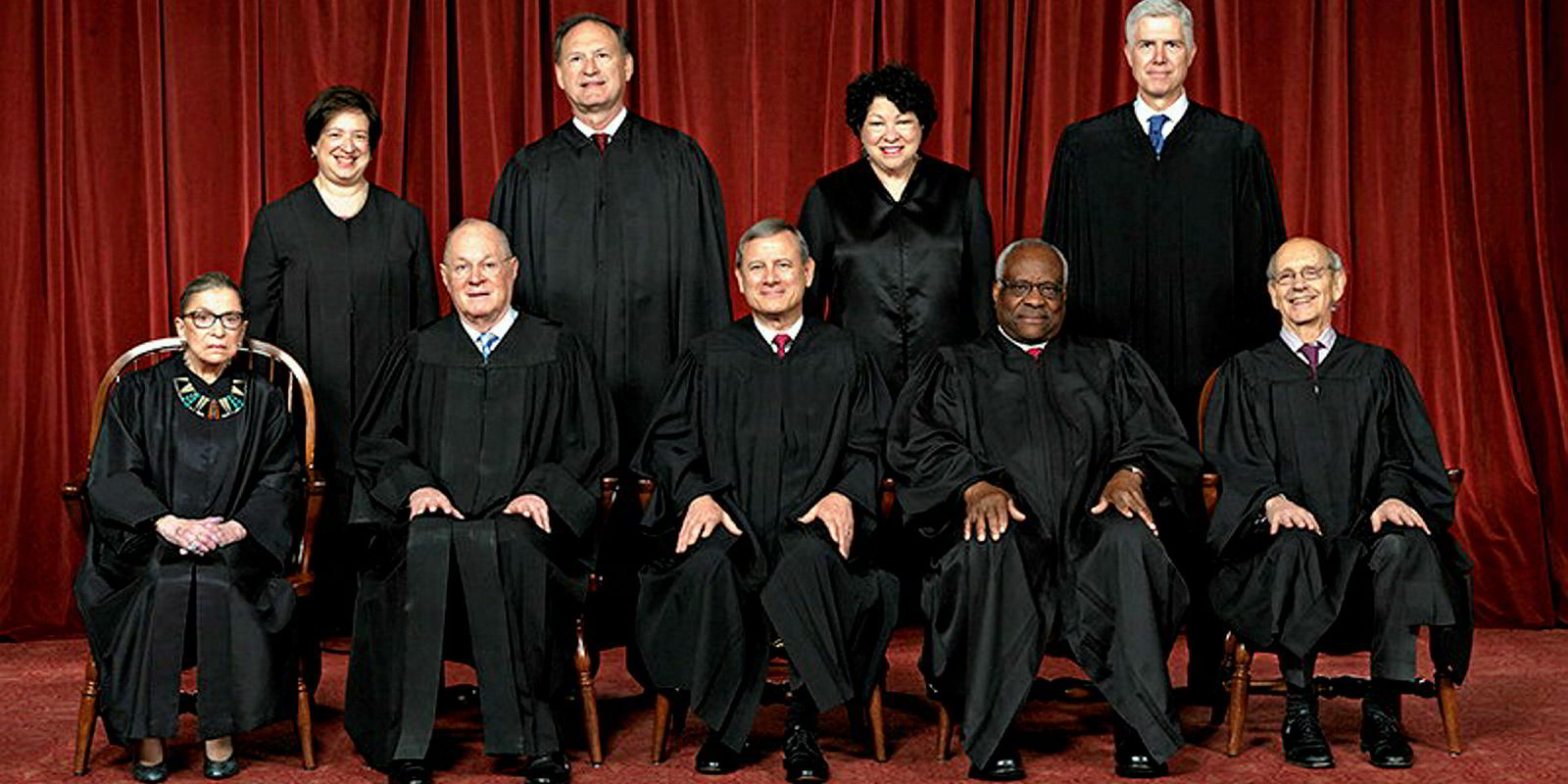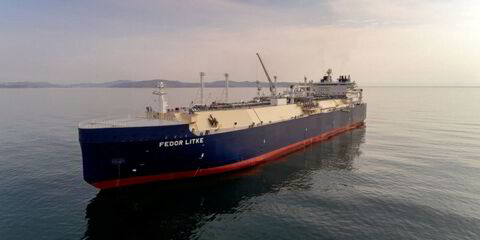The highest court in the US has refused to hear appeals in a pair of cases over whether plaintiffs can pile on additional personal injury liability on shipowners under the nation’s maritime law.
In one case, trawler crewman Allan Tabingo secured a decision from the Washington Supreme Court allowing him to pursue punitive damages — in addition to damages meant to compensate him for his injuries — after suffering an injury on an American Seafoods vessel.
Although it involved the fishing industry, the decision by the Washington court to uphold the award sent shockwaves through the US shipping bar. Lawyers argue that the decision runs contrary to court precedent that bars punitive damages for claims for unseaworthiness, a legal term for a situation in which injuries are caused by the condition of the vessel.
In the second case, Saul Touchet, a crewman on an Estis Well Service floating rig, was denied punitive damages but wants that overturned, contending that the Washington Supreme Court got it right. Now, the conflicting decisions will remain in place.
"The current conflict between the US Supreme Court and the high court of Washington state creates substantial uncertainty for vessel owners and their underwriters when managing the potential risks involved with crew injuries," Holman Fenwick Willan lawyer James Brown told clients as the Supreme Court was mulling its move.
Petitioner: American Seafoods
Respondent: Allan Tabingo
Court below: Washington Supreme Court
Issue: "Whether punitive damages may be awarded to a Jones Act seaman in a personal injury suit alleging a breach of the general maritime duty to provide a seaworthy vessel"
Groups weighing in: Maritime Law Association, Coastal Marine Fund and fishing industry interests
In addition to facing shifting sands of liability that would vary depending on whether a case is filed in federal or state court, the split flies in the face of the principle that federal maritime law should be uniform across the country.
David Boyajian, an Oregon-based maritime attorney at Schwabe, Williamson & Wyatt, contends that the Washington state decision does not conflict with case law in the federal circuit that covers the west coast.
But he remains concerned that the US Supreme Court failure to step in puts a heavy burden on shipowners with the spectre for costly punitive damages in unseaworthiness cases.
"It almost makes things impossible to settle," he said.
Tabingo's case centres on injuries suffered while he worked as a deckhand trainee on the 5,015-gt American Triumph (built 1961). He was on his hands and knees pushing fish into a hatch when the hydraulics operator, for an unknown reason, pushed a valve that shut the hatch, according to court papers filed by the crewman's lawyers.
The operator attempted to correct his mistake and stop the hatch from closing, but the handle was broken and came out of the hydraulics valve. The steel hatch closed on his hand, resulting in an injury that became gangrenous, the lawyers alleged. Two of his fingers were amputated.

After King County Judge Bill Bowman threw out Tabingo's claim for punitive damages, the Washington Supreme Court overturned the decision. That in turn led American Seafoods to head to the US Supreme Court.
The Maritime Law Association (MLA) urged the nine-justice court to weigh in, arguing that the Washington state court's decision in favour of punitive damages conflicts with those of several federal circuit courts and the Texas Supreme Court, upending the uniformity of US maritime law.
"This lack of uniformity will impact a vessel owner’s ability to develop and implement consistent internal policies regarding the maintenance and construction of its vessels, which will undoubtedly result in inefficiency and needless expense," said lawyers led by MLA president Harold Watson in a brief to the court.
Petitioner: Saul Touchet
Respondent: Estis Well Service
Court below: Fifth Circuit Court of Appeals
Issue: "Whether seamen may recover punitive damages for their employer's willful and wanton breach of the general maritime law duty to provide a seaworthy vessel ... or whether punitive damages are categorically unavailable in an action for unseaworthiness"
Groups weighing in: Seafarers' Rights International and Global Maritime Ministries
American Seafoods' lawyers argued that the Washington Supreme Court was wrong because the Fifth Circuit Court of Appeals has ruled that courts cannot grant remedies not specified by Congress in the US Jones Act, the merchant marine law whose provisions include personal injury protections for seafarers.
"The decision is deeply troubling as a matter of maritime policy," said lawyers at Legros, Buchanan & Paul and Wilmer, Cutler, Pickering, Hale & Dorr. "It threatens to deter productive economic activity and to render maritime law incoherent."
But for Tabingo's side, the division in court rulings is "massively overstated", since it is one of scant decisions since a 2009 Supreme Court decision known as Atlantic Sounding, which allowed punitive damages when shipowners disregard their duty to provide so-called "maintenance and cure" to injured seafarers.
"American Seafoods is wrong to suggest that the Washington Supreme Court misapplied Supreme Court precedent," said lawyers at Stacey & Jacobsen and Talmadge/Fitzpatrick/Tribe. "To the contrary, the decision below is entirely consistent with this court’s Atlantic Sounding decision."




